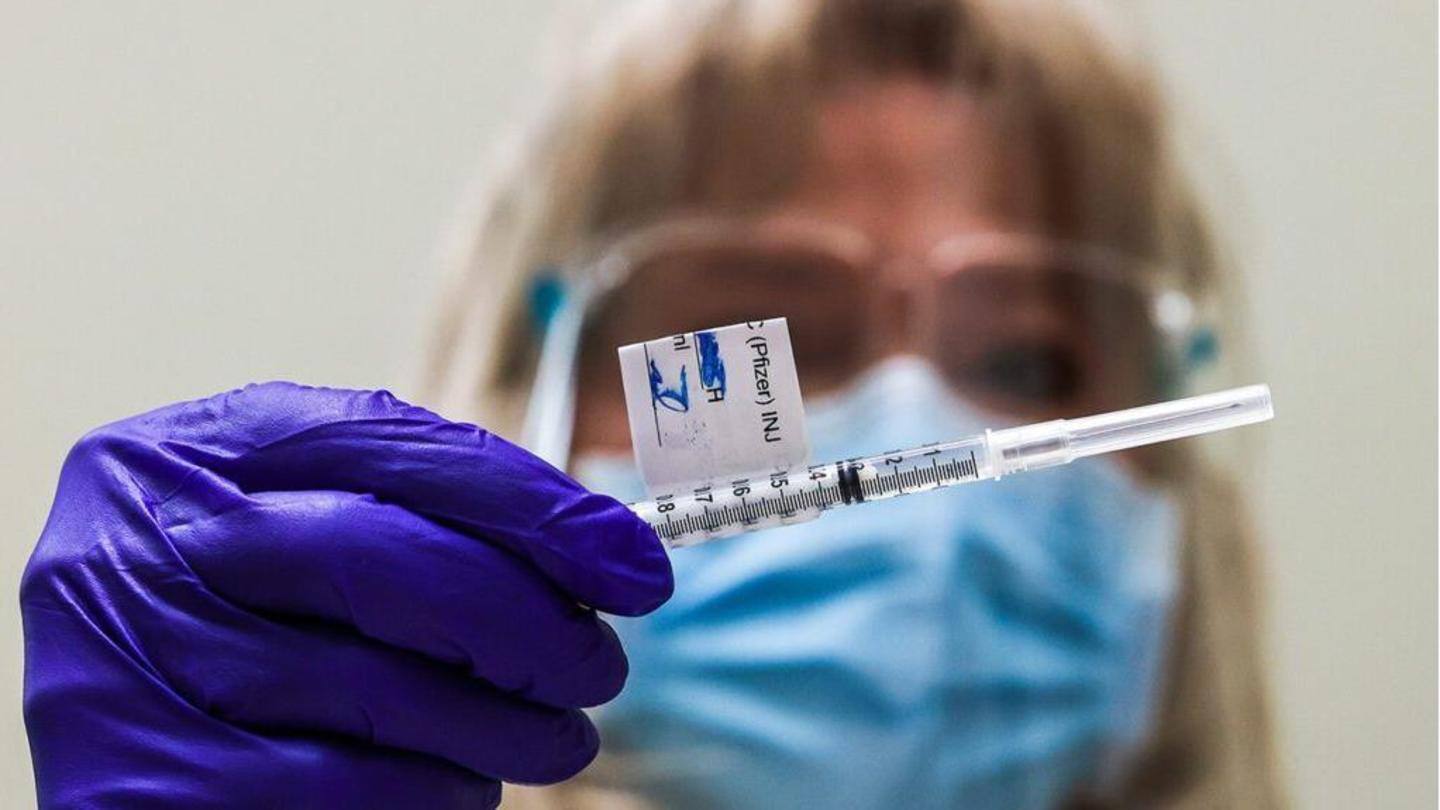
Most COVID-19 vaccines might offer lasting protection: Study
What's the story
The world's leading COVID-19 vaccines, including the ones from Pfizer and Moderna, may offer lasting protection that diminishes the need for frequent booster shots.
That's according to scientists who are finding clues about how the body remembers viruses. But they say more research is needed before reaching a conclusion and that virus mutations are still a wild card.
Research
Immunity provided by vaccines doesn't entirely depend on antibodies
Critical studies are underway, and evidence is mounting that immunity from the mRNA vaccines made by Pfizer and Moderna doesn't depend exclusively on antibodies that dwindle over time. The body has overlapping layers of protection that offer backup.
Scientists do not yet know what's called the correlate of protection, the level below which antibodies cannot fend off the coronavirus without additional help.
Booster shots
Vaccine companies say people might need yearly shots
Dr. Anthony Fauci, the US government's leading infectious disease expert, told a Senate subcommittee last week that vaccine protection would not be infinite.
Pfizer and Moderna officials said people might need yearly shots. The companies plan to have some candidates ready this fall.
Health authorities in each country will decide when boosters get used. Some say boosters may be needed only every few years.
Immunity
Here's how long vaccine-induced immunity can possibly last
Ongoing trials indicate that two doses of the Pfizer vaccine remain highly effective for at least six months and most likely last longer than that.
Similarly, the antibodies generated after the two-dose Moderna vaccine also last at least six months.
Oxford- AstraZeneca's Covishield, the most prevalent vaccine in India, can provide protection for a year or longer.
Information
Sputnik V only vaccine that uses two different vectors
With an efficacy of 91%, Russian vaccine Sputnik V needs to be taken 21 days apart. It is the only vaccine that utilizes two different vectors for different shots, thus reducing the possibility of the immune system's defense mechanism getting triggered after the second dose.